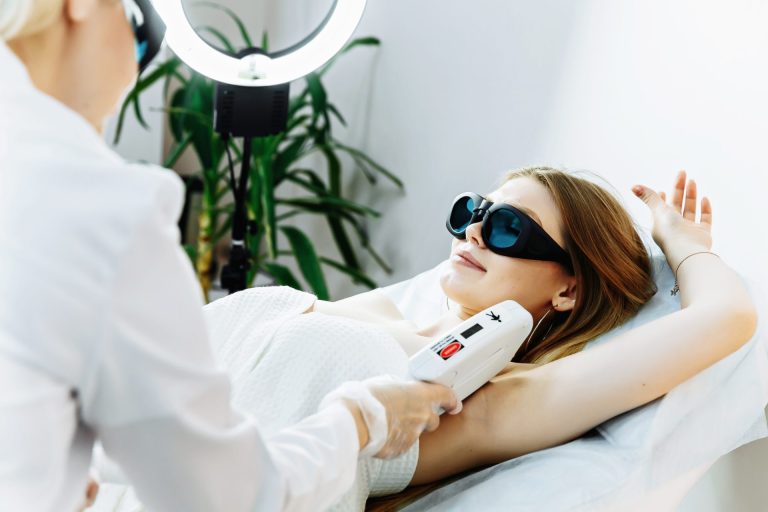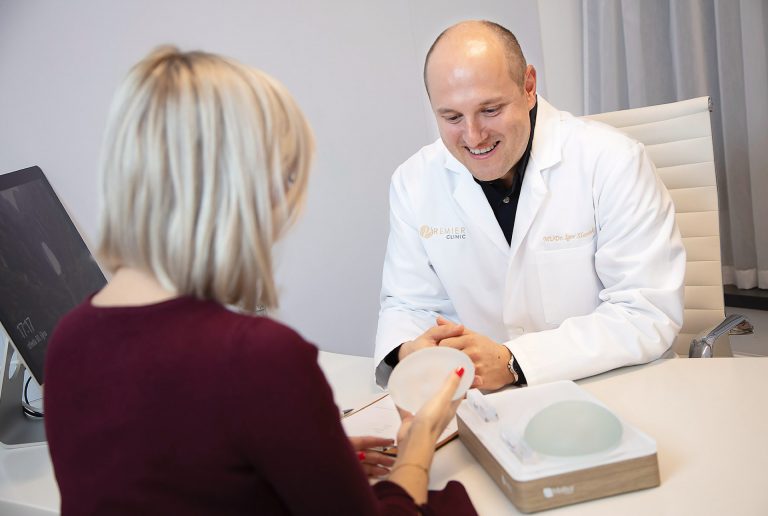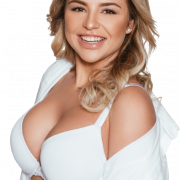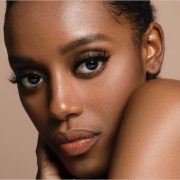Vitamins for Hair - How to Stop Hair Loss and Promote Their Growth?
What does the beauty and health of your hair depend on? Answering this seemingly simple question is not easy at all. There are numerous factors that influence their condition. Some of the most important include ongoing illnesses, hormonal changes, and also improper nutrition. In today’s post, we will take a closer look at the impact that a lack of vitamins can have on hair, and which specific ones you should focus on especially if you want to support hair growth.
What is behind the deterioration of your hair quality? Where is your hair care lacking and how can it be properly adjusted? We will help you with this and more at our specialized hair clinic.
Vitamins for Hair - Their Importance in the Context of Hair Care
It’s no coincidence that beauty comes from within. The condition of your hair is certainly largely determined by how you take care of it, whether you use high-quality hair products, and whether you wash and dry it using the appropriate techniques. Another key factor is the internal processes that take place in our body. A balanced diet rich in minerals and vitamins is an integral part of these processes. Therefore, if you do not provide your body with enough suitable “fuel,” even very expensive cosmetics will not save you.
There are situations when even refined care and dietary plans may not help with hair issues. The only solution then is hair transplantation. For women and men, it is a very popular procedure that restores lost self-confidence and zest for life. Would you like to learn more about this option? Let’s schedule a personal consultation.
Why are vitamins for hair so important?
To better understand their role, it is necessary to become more familiar with the structure of hair itself. What is it actually made of? In addition to keratin, we would also find carbon, hydrogen, oxygen, water, nitrogen, iron, copper, zinc, iodine, and other substances such as lipids, amino acids, etc. It is precisely the adequate intake of vitamins and minerals, as well as the appropriate amounts of proteins and fats, that play a significant role in normal hair growth, ensuring that their structure is smooth, does not split, and does not fall out more than usual.
Overview of the Best Vitamins for Hair
Their quality can be significantly improved by the following:
- vitamin B (complex)
- vitamin A
- vitamin C
- vitamin E
In the following paragraphs, we will introduce their specific effects.
B complex - essential vitamins for hair and nails
This is the broadest group of vitamins that we know. They include:
- vitamin B1 (thiamine)
- vitamin B2 (riboflavin)
- vitamin B3 (niacin)
- vitamin B5 (pantothenic acid)
- vitamin B6
- vitamin B7 (biotin)
- vitamin B9 (folic acid)
- vitamin B12
Each of them plays a different role, although some have common functions. They are important for energy metabolism, improve blood circulation and the associated distribution of nutrients, and provide the necessary energy for cell growth. If you want to support hair growth, these vitamins can particularly help you.
Sources: Look for them in organ meats, poultry, legumes, leafy greens, nuts, whole grains, and dairy products. Vitamins B1, B3, and B7 are also found in large amounts in brewer’s yeast, liver, and meat in general.
Vitamin A - a great aid for hair growth
This vitamin is classified as a fat-soluble vitamin. It contributes to the normal functioning of vision, proper fetal development in the mother’s body, and the smooth functioning of the immune system.
Vitamin A is essential for cell growth, particularly hair growth. Your sebaceous glands also utilize it to produce sebum. This keeps the scalp hydrated, which is one of the fundamental requirements for healthy and strong hair. However, do not overdo it with this vitamin – excess can lead to hair loss.
Occurrence: You can find it in animal foods (liver and dairy products) or in vegetables and fruits such as carrots, tomatoes, spinach, or apricots.
Vitamin C - for hair and youthful skin
Vitamin C is primarily known for its role in boosting the immune system, preventing and treating colds. However, it is also one of the strongest antioxidants, protecting cells from damage by free radicals and premature aging.
Vitamin C is one of the most effective nutrients that contributes to hair growth and strengthening. It helps in the formation of collagen, which is very important in these processes. At the same time, it can prevent the structure of hair from being compromised or damaged due to oxidative stress.
Occurrence: The main sources are fruits and vegetables, typically blackcurrants, kiwis, papayas, citrus fruits, bell peppers, broccoli, and cabbage. An alternative can also be red rosehip.
Vitamin E - the one that helps with hair loss
Vitamin E is essential for healthy skin and scalp. It supports them by reducing oxidative stress and preserving their protective lipid layer. At the same time, it provides a strong foundation for hair growth.
Oxidative stress is one of the main causes of excessive hair loss. Vitamin E, as a powerful antioxidant, also prevents hair loss and premature graying. It has also been shown to increase capillary circulation in the scalp, thereby promoting faster hair growth.
Occurrence: Its richest sources are vegetable oils. You can also find it in butter, milk, meat, fish, eggs, vegetables, fruits, grains, and nuts.
Zinc - an indispensable mineral for hair
Zinc plays a significant role in the construction and renewal of hair tissues and ensures the smooth functioning of sebaceous glands around the follicles. A deficiency of this micronutrient leads to changes in the structure of the proteins in hair follicles, which weakens their integrity and causes new hair to fall out more quickly than usual. Documented cases demonstrate the strong effect this mineral can have, where individuals have restored not only the structure and strength of their hair but also its color, thanks to a diet rich in zinc.
Occurrence: Among the natural sources of zinc are seafood including shrimp, crabs, and lobsters. Additionally, red meat and poultry, pumpkin seeds, chickpeas, cashews, almonds, egg yolk, dairy, and soy products are included.
Receding temples, hair with extremely oily or itchy scalp – we will help you uncover the cause of your hair problems and find a way to resolve them.
How to properly take vitamins for hair loss?
Primarily, you should provide the mentioned vitamins and nutrients to your body through a balanced diet. However, this is not always possible due to a fast-paced lifestyle or specific dietary habits (vegetarianism, veganism).
If you want to ensure that your body is receiving an optimal amount of them, consider long-term use of natural dietary supplements. You will also notice their benefits through improvements in the quality of your nails and skin.
Is proper nutrition and dietary supplements for hair more important than hair cosmetics?
The selection of quality hair products is equally important. Natural products free from parabens, sulfates, and silicones are highly recommended. Focus on ensuring that their composition includes the aforementioned vitamins or ingredients that contain them. Some popular options include:
- argan oil – vitamins E and A
- jojoba oil – vitamins E, A, D
- castor oil – vitamin E, omega unsaturated fatty acids
- herbal extracts – nettle, dandelion, horsetail, sage, and peppermint, aloe vera, green tea
Are you troubled by thinning hair but still hesitating about hair transplantation? The experiences of our clients will convince you that this choice will significantly improve your quality of life. Take a look at the results of their transformations in our photo gallery. You can also undergo such a transformation with us.
Related Posts

How to firm the breasts - all verified methods, tips, and advice
How to Firm the Breasts - All Verified Methods, Tips, and Advice Are you unwilling to accept the condition of your breasts? We have simple

Laser Hair Removal - how long will my skin stay smooth and hair-free?
Laser Hair Removal - how long will I enjoy smooth skin without hair? Everyone who has tried to get rid of body hair in some

Breast Implants - Key Information, Advice, and Tips
Breast Implants - Key Information, Advice, and Tips Breast implants are made from modern materials that must meet the highest standards. Breast augmentation with implants










